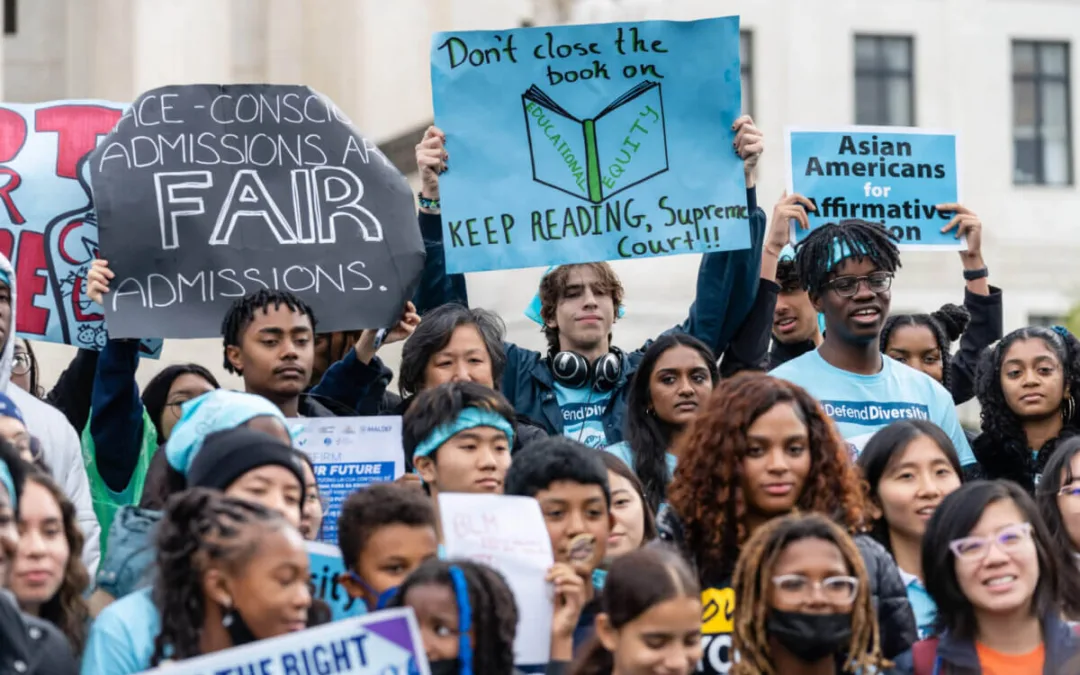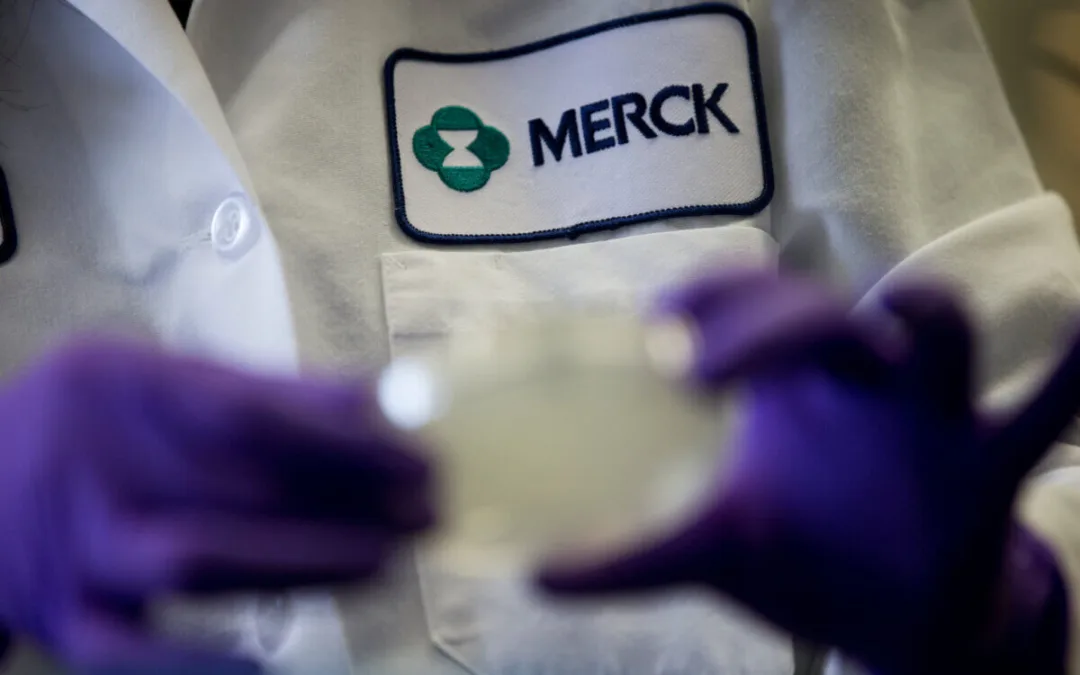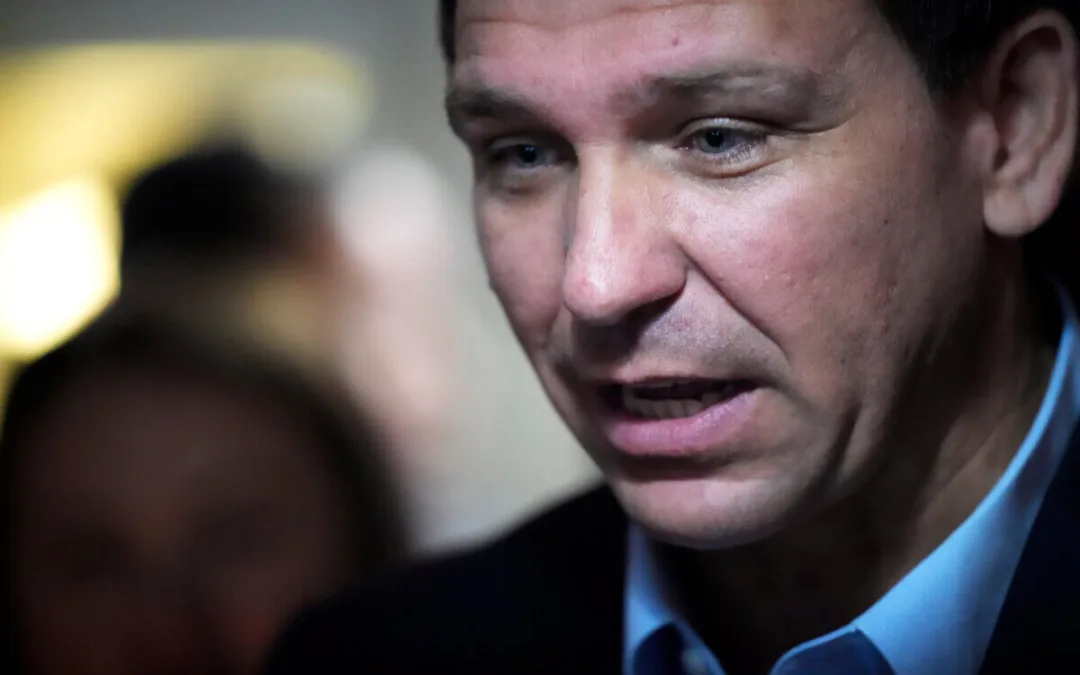
Image courtesy of Marlyn Rivera.
Puerto Rican Sonia Ayala did not know how to recognize conspiracy theories until her daughter pointed out the ulterior motives behind misleading online posts.
Sonia Ayala likes to share posts on social media that she thinks might help other people’s lives. The Puerto Rican mother of three, raised in New York, keeps her network of Facebook friends fairly small so as not to offend those who may disagree with her posts.
She was surprised when her daughter, Marlyn Rivera, called her out on a video she had shared that seemed to show a street fight in a community of color during a Black Lives Matter protest. Rivera told Ayala the video promoted racial stereotypes.
RELATED: Don’t Believe Every Wild Internet Story. It’s Probably a Conspiracy Theory, Analysis Shows.
“I am more naive, and not as smart as she is when it comes to verifying where information comes from. I know false information is shared, but I don’t look to see where posts come from. My intention in sharing the video was to point out that these things, unfortunately, happen due to a lack of education in some communities,” Ayala told The Americano.
After her daughter explained to her there are many groups, campaigns, and bots spreading false information through fake media accounts, Ayala said she is now more aware of the kind of information she should—and shouldn’t—share online.
The coronavirus is one of the recent issues that has fueled the spread of misinformation, to the point of meriting its own moniker, “infodemic.”
According to a study by the Australia Institute Centre for Responsible Technology, pro-Trump, partisan-conservative, or QAnon-related social media accounts have registered over 5 million views on Twitter, spreading a China bioweapon conspiracy theory on the novel virus.
“I didn’t even know things like QAnon existed. It would be good for more people to know that it exists, but I’m not sure that if by making people aware I’d be promoting their agenda,” Ayala said.
READ MORE: Luis A. Miranda: Trump Is Pretending to Care About Puerto Rico. Don’t Fall for It.
She says that after her daughter explained to her how misinformation works, she started reading more about it and became “very cautious” of what she shares online.
The institute analyzed over 25.5 million tweets over a ten-day period, identifying “5,752 accounts that coordinated 6,559 times to spread mis- and disinformation regarding the coronavirus for either commercial or political purposes.”
Rivera, a former debt counselor, said she grew up seeing her mother fighting against injustice, defending the most vulnerable. When she saw several of her mother’s posts, she realized many involved fake narratives.
Rivera mentioned how her mom did not realize that the title of one of her shared posts read “What the left will not tell you about systemic racism.”
“When I realized she was sharing posts from anti-Democratic and anti-Biden accounts, I was concerned. I understood then how easy it is for people to fall into right-wing misinformation—news posted to raise doubt and divide social classes—an evil this administration has made worse. Luckily, my mom is a smart woman, and she has understood,” Rivera said.
Although she cannot vote in the presidential elections—like all Puerto Ricans who live on the island despite having US citizenship—Ayala leans toward Joe Biden.
“I prefer Biden a thousand times compared to the current president. I’ve been in situations where I’ve shared information I thought was helping—in the end I was adding fuel to the fire with things that are untrue,” Ayala said.
READ MORE: How to Prepare for In-Person Voting If You Have COVID-19 Anxiety
The QAnon conspiracy theory is one of the most widely spread online. The movement is based on a false theory that President Donald Trump is saving the nation from a secret child-sex trafficking chain comprised of satanic worshipers, Democratic politicians, Hollywood celebrities, and billionaires.
QAnon is a misinformation movement that began in 2017 and has spawned into real followers who gather at protests and at political events.
When asked about QAnon, Trump has said he does not know much about the movement but heard “these were people who love our country.”
Politics

Teamsters and UPS Reach Tentative Deal to Avoid Strike, 340,000 Workers to Get Raises
The tentative deal represents a huge win for full- and part-time UPS Teamster workers, who would get significant pay raises and better working...



One Republican Senator Is Blocking 265 Military Promotions, Leaving the Marines Without a Confirmed Leader
Sen. Tommy Tuberville's decision means these military officers are not getting the pay raises they’re owed, cannot move their families to wherever...
Local News



Teamsters and UPS Reach Tentative Deal to Avoid Strike, 340,000 Workers to Get Raises
The tentative deal represents a huge win for full- and part-time UPS Teamster workers, who would get significant pay raises and better working...



One Republican Senator Is Blocking 265 Military Promotions, Leaving the Marines Without a Confirmed Leader
Sen. Tommy Tuberville's decision means these military officers are not getting the pay raises they’re owed, cannot move their families to wherever...




